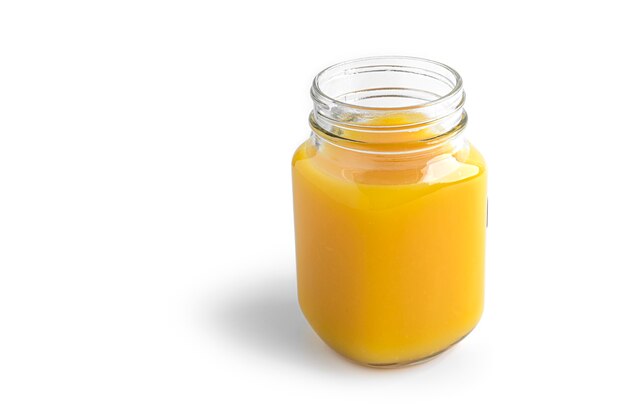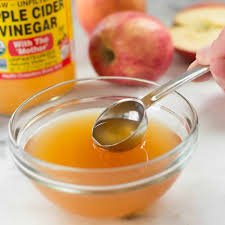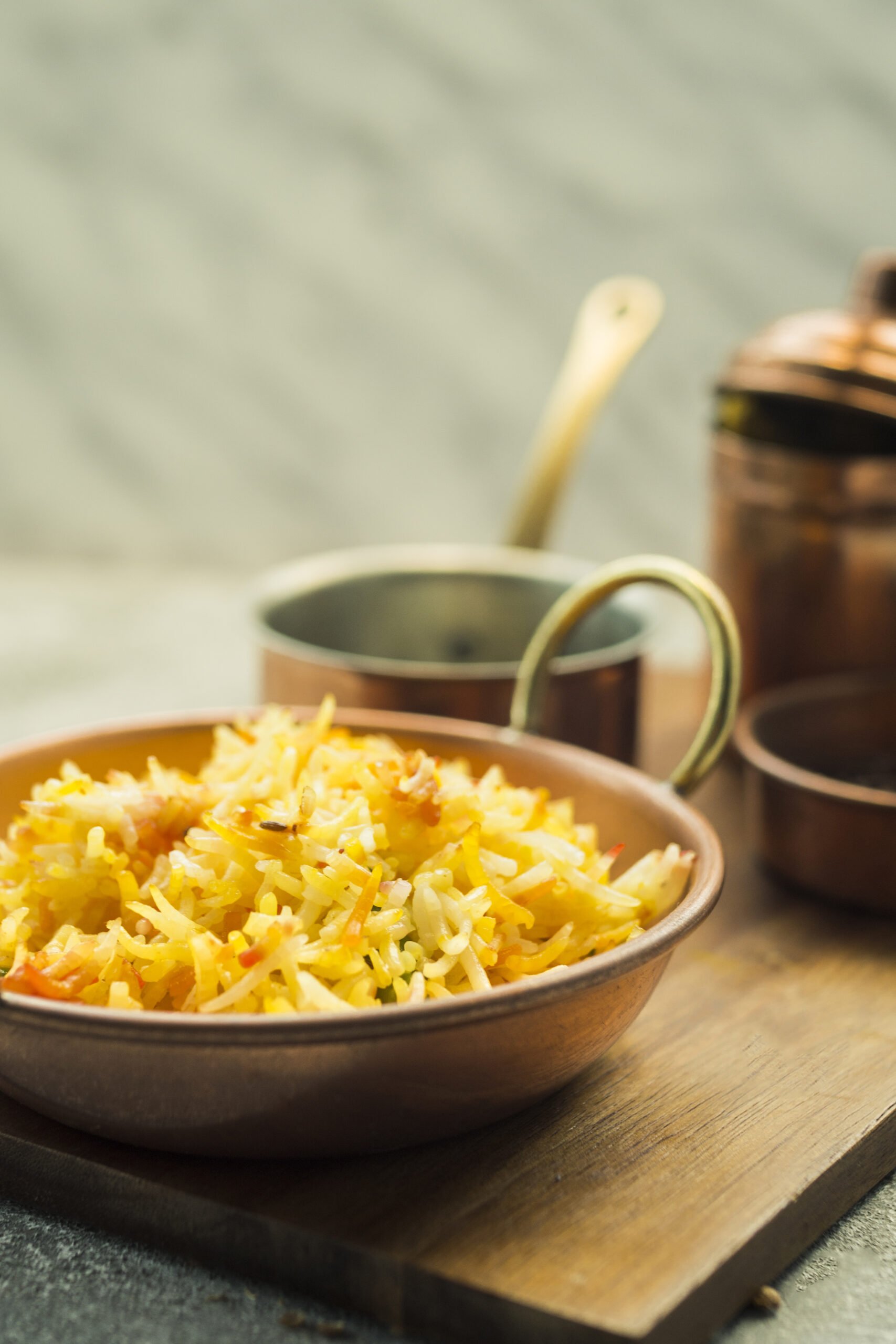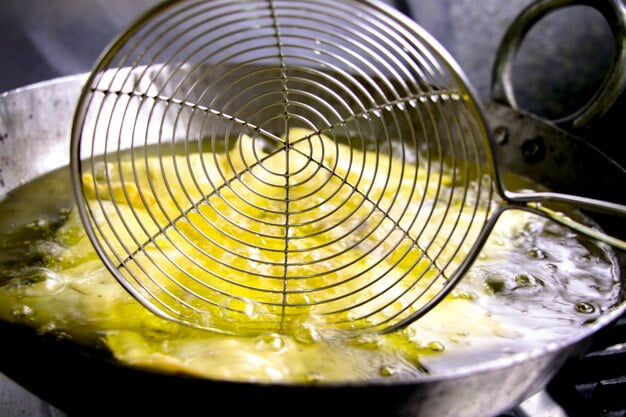Introduction Menopause is a natural part of life for women, but it’s still a topic many shy away from. Why is menopause so taboo? For far too long, menopause has been wrapped in silence, surrounded by misunderstandings and myths. This silence does a disservice to the millions of women who experience it and those who will in the future. A thoughtful, diverse group of women in conversation, symbolizing openness around menopause. What Is Menopause? Menopause marks the end of a woman’s reproductive years. It’s a biological process when the ovaries stop producing eggs, leading to a decline in estrogen and progesterone levels. Learn more about the biology of menopause . Most women experience menopause between the ages of 45 and 55, but the timing can vary. Diagram showing the hormonal chang...
- Get link
- X
- Other Apps


 Desi Ghee Vs Oil
Desi Ghee Vs Oil



Comments
Post a Comment
If you have any query, doubt or seek any advice or help, I am always available.